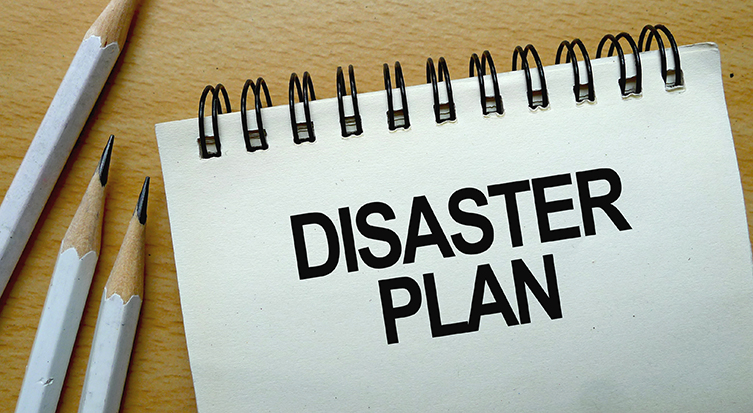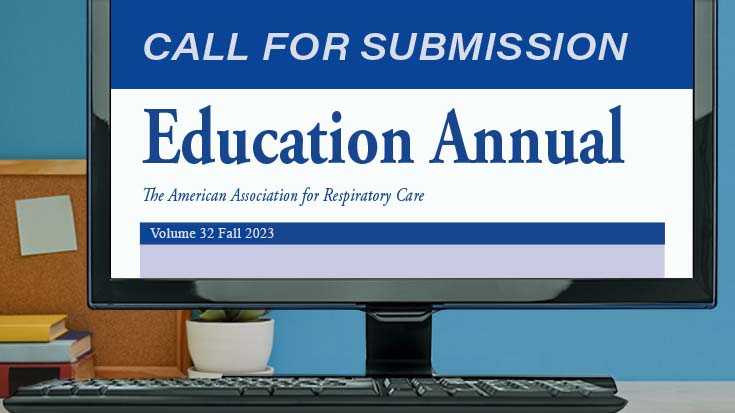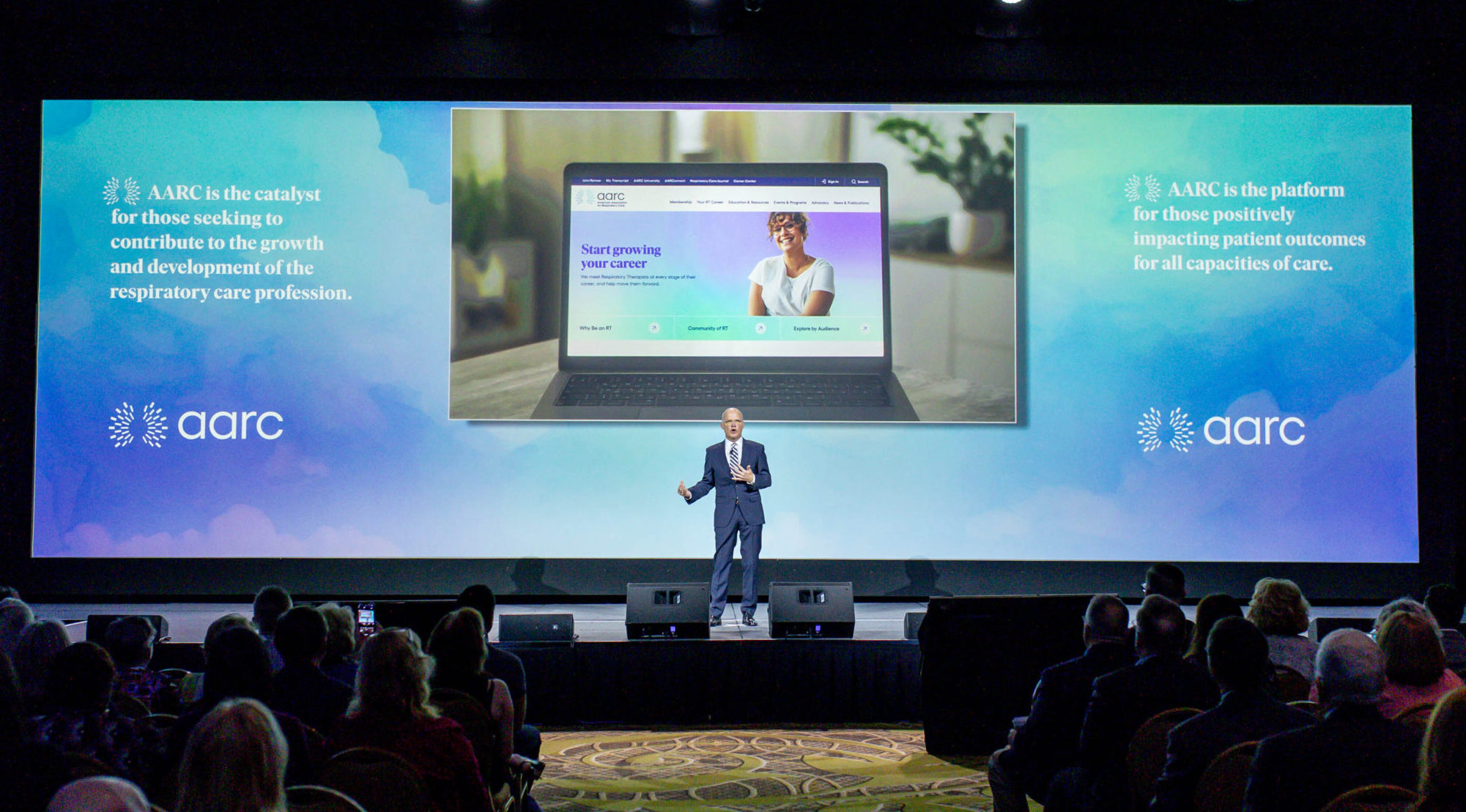
Whether we’ll face natural or manmade disasters, preparation is key. We asked Sharon Armstead, EMBA, RRT, clinical assistant professor at Texas State University, to share her tips for keeping your team ready for what may come.
“I believe that our most important responsibility when responding to a disaster are some of the relationships we have developed and especially educating each other on our resources (i.e. equipment, supplies and roles of individual staff) both internally and externally,” Armstead said.
Armstead continued to explain that each hospital will have a disaster plan or a code triage plan. However, she asks if they practice that plan.
“Educating the hospital staff on the plan and keep practicing. The more familiar the staff is with the individual roles and responsibilities of the plan, the higher the degree of success,” Armstead said. “So, practice, practice, practice.”
Sharon’s Tips:
The callback
One simple area is the employee phone callback. Is it by phone or is it by text? One is much quicker.
Staff also needs to understand the importance of the callback list. When asked “How long will it take you to come in?” give the correct time.
Be prepared for other roles
Be mentally prepared to come in and be placed in the role of an RT or not. Depending on where the Incident Command Center sends you at the time you go.
I have had RCPs upset at having to transport, but a disaster is just that a disaster.
Know the system
Every hospital has a Hospital Incident Command System (HICSi) or other ICS. Staff should receive training on that system on a consistent basis. Do the staff know what HICS mean?
They should be required to know the difference between
an Internal Disaster—
incidents that occur in or affect the interior of a hospital or facility complex (e.g. Building structural collapse, Utility loss, Explosions, Fires, Floods, Chemical spills)—
and an External Disaster—
events that occur outside of the facility but can cause an impact to the facility (e.g. Mass Casualty Incidents, Severe Weather, Motor Vehicle Accidents, Civil Disturbance, Industrial Emergencies, Terrorist Attack).
We had a 4 level Code Triage response system. At level I, we were at alert, Level II we were already impacting staffing.
Stay connected
Disasters are not just organizational; the community is involved therefore identify contact information for other community response partners and hospital contacts and ensure they have up to date contact information for your facility. The hospital will usually have established EMS, Public Health, other healthcare facilities, fire and Law Enforcement contacts.
We also forget that disasters affect our own families, therefore we should encourage our staff to set up their own personal/family plan.
Lessons learned
Respiratory Therapists are called first responders for a reason.
When there is an emergency in a hospital, especially one that will impact the oxygen/air supply of that system, we are the ones who will be impacted and so must always be prepared.
Lessons learned for me would be that we must always have an Oxygen Shutdown plan at our disposal and our staff should always know that when there is an emergency that affects them, they need to move it up the chain of command.
Example being, if you had a utility shutdown and your ventilators went down in the ICU, even the short time it takes to switch to battery. Reporting to your Chain of Command is important. The worst feeling is walking into a meeting with the C-Suite unprepared.
Two keywords: education and documentation.
Looking for more?
Check out the AARC University courses related to Disaster Preparedness:
- Ebola Virus Disease and Implications for the Respiratory Therapist
- Helping Your Medically Complex Patients Become Disaster Ready
- Mass Casualty Ventilation and the Strategic National Stockpile
- Stabilization and Resuscitation of the Pediatric Trauma Patient
- The Role of Ethical Decision-Making in Multifaceted Emergencies
AARC Disaster Relief Fund
The AARC Disaster Relief Fund was launched in 1992 to assist members who have suffered damage to their homes or other personal property as a result of federally declared natural disasters. Over the past 26 years, the fund has been activated to help members who’ve lost property due to hurricanes, tornadoes, floods, earthquakes, and fires.
- Donate to the Fund – If you would like to contribute to AARC’s Disaster Relief Fund, send a check made payable to AARC, 9425 N. MacArthur Blvd., Suite 100, Irving, TX 75063, and put “Disaster Fund” in the memo section of the check. You can also donate online or call the AARC’s Customer Service Department at (972) 243-2272 and make a donation with a credit card.
- Apply for a Grant
Email newsroom@aarc.org with questions or comments, we’d love to hear from you.














